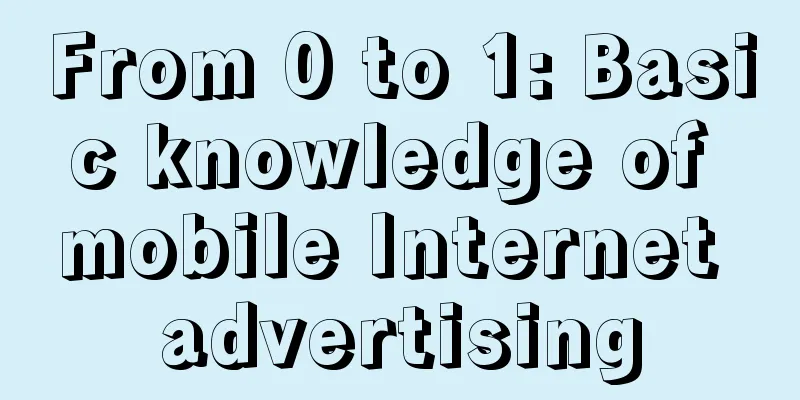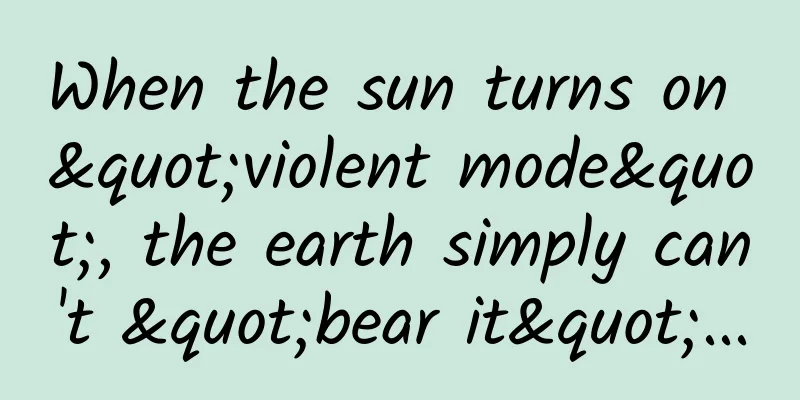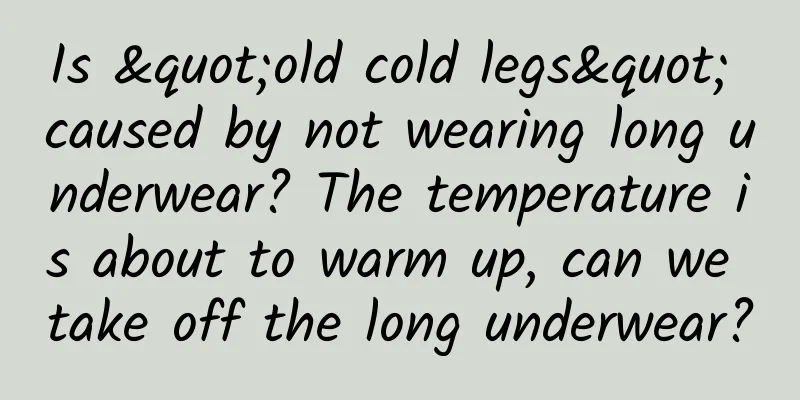Zuckerberg's new bet: Making Facebook social in VR

|
Last week, Mark Zuckerberg played 20 minutes of zero-gravity ping-pong with the President of Indonesia at Facebook's California headquarters.
That's how virtual reality works at Facebook. Earlier this month, Singapore's prime minister visited Facebook's new Menlo Park headquarters and walked into a virtual reality room next to Zuckerberg's office to try on an Oculus Rift headset. But the prime minister was more interested in virtual dinosaurs. When Zuckerberg described the 20-minute ping-pong game he played with Indonesian President Joko Widodo, he emphasized that it was 20 minutes of the two of them doing something together in a virtual world. “What people are focusing on,” Mr. Zuckerberg said as he walked down the building from Facebook’s virtual reality room, “is the human connection.” Since Facebook acquired Oculus in the spring of 2014, Zuckerberg has described virtual reality as a future "social platform," noting that it's not just a tool for playing games and watching movies, but also a platform for people to communicate with each other. "Immersive virtual reality will become part of people's daily lives," he told reporters on the day Facebook announced the $2 billion acquisition, saying that virtual reality has the potential to become "the most social communication platform." At the time, such words seemed a bit exaggerated. I was also a skeptic at the time. But over the past two years, the virtual reality blueprint has begun to move closer to the virtual reality world that Zuckerberg had expected earlier. Part of the change comes from the Oculus Rift itself, which provides sensor-connected arm controllers that allow you to experience weightless table tennis. Oculus can track not only the movement of the user's head, but also the movement of the arm. The controller allows the user's body to "exist" in the virtual reality world. But when Zuckerberg and Widodo play table tennis, they can at least see each other's existence and at least communicate with each other partially. Virtual Ping Pong is part of an Oculus demo Facebook calls the "Toy Box." It offers a free-style virtual environment where you can not only play with Ping Pong paddles and balls, but also light firecrackers and stack blocks. Of course, this alternative universe can accommodate multiple people. Zuckerberg calls it a demo that connects the real world through virtual reality. "What's really fascinating is that when you have other people around, the whole virtual space becomes social," he said. "It's not a game. There's no points. There's no score. There's no purpose. People are just communicating in some new and novel way." Social software built for AR But perhaps more importantly, Zuckerberg's ideas now seem more realistic, as many other tech giants have expressed many of the same views. In October 2014, Google invested $500 million in augmented reality startup MagicLeap. In January of the following year, Microsoft unveiled its augmented reality headset, Hololens. Google has been working on its own virtual reality development from scratch, not only developing a Cardboard that can turn a smartphone into a virtual reality device, but also secretly developing more advanced hardware. Now, Apple seems to have joined the virtual reality army. "The changes that are happening now are exactly what people laughed at two years ago," Zuckerberg said. Yesterday, ahead of the annual Mobile World Congress, Zuckerberg was in Barcelona for a large exhibition organized by hardware manufacturer Samsung, whose GearVR is based on Oculus technology. At the same time, he publicly announced that a Facebook team led by designers Daniel James and Michael Booth would start developing "social software" for Oculus. Zuckerberg didn't say much about the design of the software. "We're working on this, and it's a new big change," he said. Chris Dixon, a partner at venture capital firm Andreessen Horowitz, was an early investor in Oculus. Even he was surprised that Facebook acquired the startup. "When we invested, it was not what we expected," he said. "Virtual reality was not a hot field at the time." Now the situation has changed, and he also sees virtual reality as the next big "platform." "Once the price drops, the quality improves, and developers seize the opportunity, all kinds of new things will emerge like mushrooms after rain," he said. "We will slowly discover that virtual reality has a lot of world outside of games." “It is now possible” Zuckerberg said his parents bought him his first computer when he was 11 or 12. He was hooked. Sitting in a middle school math classroom, he would write computer programs in C and Pascal on his notebook while the teacher gave a lecture. Sometimes, he could do more. He could sketch out a VR interface for his computer—something that was impossible at the time. "Computing shouldn't be about web pages or 2-D things," he thought. "You should be able to physically feel yourself going somewhere." That's not a thought many young people have. But then things changed for him. "Maybe when I was a kid, working on VR didn't make sense," he says. "But now I own a big computer company, and we can afford to make bets on the far future." Indeed, in 2014, after "reading a lot of science fiction" and a few AR and VR experiments based on commercial and academic development, he and Facebook made their $2 billion investment in Oculus. "Oculus was a big turning point in my thinking," he says. "It was like: 'Now this is possible.'" Zuckerberg describes virtual reality not only as a social platform but also as the next fundamental computing environment—after the smartphone. "First there was the PC, then there was the web, then there was the phone," he said. "I think devices like VR and AR are going to be the next platform." In other words, virtual reality is another way to connect with our computers—and with the world. Zuckerberg's $2 billion bet on the virtual future was like a kid in a candy store. Comparing the Oculus acquisition to Google's purchase of Android in 2005, Dixon supports Zuckerberg's thinking. "I was thinking, 'Wow, this is a futuristic investment,'" Dixon said of Google's purchase of Android. "I remember admiring Google but also thinking, 'This is a little illogical.' It turned out to be a very smart acquisition." But the smart choice was not immediately obvious. Android needed time to mature. So did virtual reality. Facebook says that since the Gear VR was released in November, users have watched more than a million hours of video on the headset. Google says that more than 5 million Google Cardboards have been put on the market, and users have downloaded more than 25 million apps. Virtual reality has become a reality. Dixon points out that when you experience Facebook's "toy box" demo, you can see things happen that were never possible before. "It's amazing," he says. "The fact that you can invite another person in makes it even more amazing." As Zuckerberg says, virtual reality is social. When VR meets AR meets reality Yes, at least in a small part. The big question is how social VR fits in with the rest of Facebook's gear. Facebook has added 360-degree clips to its newsfeed, which Zuckerberg sees as a step toward virtual reality. Yes, you can watch clips with the Gear VR. But those clips don't necessarily require a headset wrapped around your glasses. VR does. It disconnects you from the outside world, and unlike Facebook, it's something you can use on your phone while doing other things -- while you're riding the subway to work or waiting for someone to eat. Zuckerberg doesn't know how the two technological paradigms will combine. If he does, he won't reveal the secrets. But he suggests that the end game is a pair of ultra-lightweight glasses that can transport you from the real world to virtual reality and back again. These can immerse you in virtual reality or they can add digital things you see in the real world in an augmented reality style. Using the glasses, he said, you could play a virtual chess game with someone on the other side of the world. Or you could look at a photo someone just sent you on Facebook. It's a long way to go. Lightweight digital glasses -- Google Glass -- aren't a finished product yet. But in a few years, virtual reality will sound a lot more real. |
<<: Google VR: Anything above 9.9 yuan is just a tax
>>: The wolf in the tech world is coming and why it hasn’t come yet
Recommend
How much is the price to join the Zhenjiang tableware mini program? Zhenjiang tableware mini program franchise price inquiry
How much does it cost to join a tableware mini pr...
What effects will occur on the body when the stomach “quits” and goes offline?
[Written at the end of the article] In 1897, Carl...
Exploring Antimatter: New Energy for Future Interstellar Travel
Scientists believe that after the Big Bang, two u...
91 Ten Articles: WeRide's valuation exceeds 20 billion, SAIC will launch a battery bank, and Huolala may build cars
1. WeRide raised hundreds of millions of dollars ...
Game engine learning notes: introduction, architecture, design and implementation
[[120519]] Although I have played many games sinc...
HotྂhotྂhotྂThe hottest temperature this year has hit
At 6:00 on the 8th, the Central Meteorological Ob...
Introduction to the latest review standards for the promotion of the financial industry in the Meizu App Store!
The latest review standards for financial industr...
4 channels and strategies for acquiring traffic!
Introduction : In an era of traffic shortage, the...
Commonly rejected advertising materials and coping skills!
In daily work, I often hear the cries of operatio...
Eating liver nourishes the liver? Thin people don’t have fatty liver? Recognize the 6 major liver disease misunderstandings and protect the liver scientifically
The liver is an important organ in the human body...
Is it true that food nowadays is not as delicious as before?
In the past, when food resources were scarce, it ...
2021 Chen Changzhang's annual class + building personal IP, suitable for new media people who increase fans and realize monetization through short videos
2021 Chen Changzhang's annual class + buildin...
Talk about the four ways of ground promotion using the rules of the Internet
Regional promotion can also be understood as grou...
Is it the millet's fault? The once popular staple food is now hard to find
As a country of foodies, I guess everyone knows a...
Guangzhou WeChat legal consultation mini program function, how much does it cost to make a legal consultation mini program?
With the continuous improvement of the rule of law...









